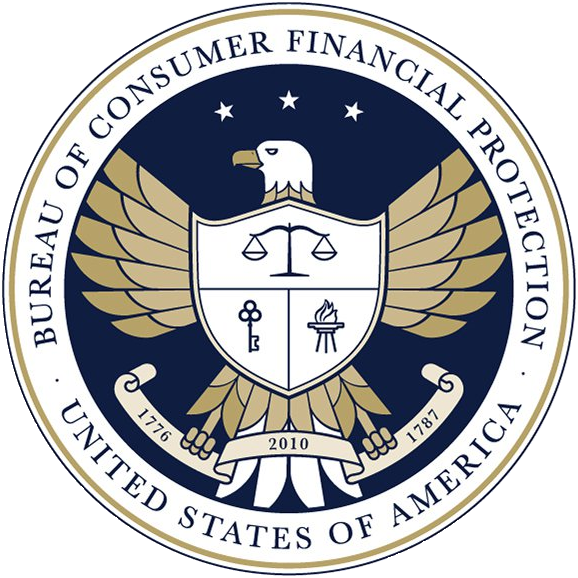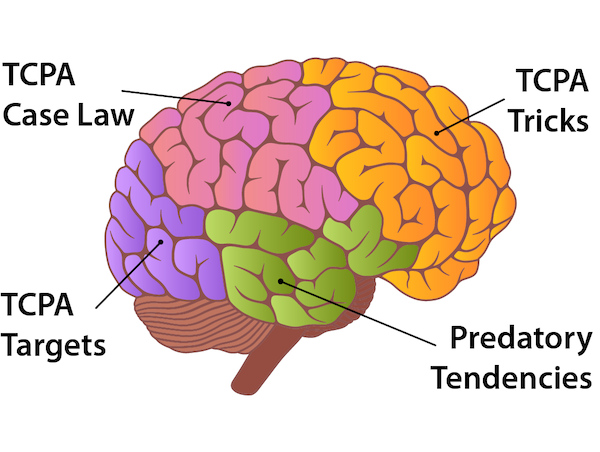In the context of telemarketing, Safe Harbor is often a subject of confusion. This is unfortunate as understanding Safe Harbor and the multilayered rules and statutes that govern it is essential to successful compliance with the Telephone Consumer Protection Act (TCPA), Telemarketing Sales Rule (TSR), and both state and federal Do Not Call (DNC) Lists.
Author: stefen
FCC Continues to Implement Provisions of the TRACED ACT
The Pallone-Thune TRACED Act was signed into law on December 30, 2019 as a major piece of legislation governing the regulation of robocalls. Last week, the Federal Communications Commission (FCC) continued its implementation of the TRACED Act, announcing new rules and seeking public comment on another proposed rule. On April 28, the FCC issued a… Continue reading FCC Continues to Implement Provisions of the TRACED ACT
Collections Compliance: the Laws that Govern the Collections Industry
Both telemarketing and debt collection are, quite literally, risky businesses. Both fields are highly regulated, governed by complex legislation, and subject to potentially expensive penalties and litigation. Compliance in either field is complicated enough on its own but compliance for debt collectors who use telephone solicitation in order to conduct their business imposes difficulties to an extent beyond the mere sum of the complexities of either field on its own.
CFPB Asks FCC to Allow Robocalls from Banks About Financial Relief Programs Related to the Coronavirus Crisis
In an unusual move relative to its customary stance on such issues, the Consumer Financial Protection Bureau (CFPB) has requested that the Federal Communications Commission (FCC) ease restrictions on the use of automated phone calls by banks and financial institutions in order to communicate with consumers about the various financial relief programs and services available … Continue reading CFPB Asks FCC to Allow Robocalls from Banks About Financial Relief Programs Related to the Coronavirus Crisis
Examining the Strategies of a TCPA Litigator
This article covers some of the most frequently used techniques by litigators, the sorts of businesses that they target, and some of the most prominent and illustrative TCPA judgments and settlements.
Court in TCPA Case Rules that Retroactively Added Arbitration Clause Is Unenforceable
A district court ruled that the defendant in a TCPA class action could not compel a plaintiff to arbitration due to the fact that the arbitration language in the company’s terms and conditions was not added until after the plaintiff accepted those terms and conditions.
Louisiana’s Coronavirus State of Emergency Does Not Currently Ban Telephone Solicitations
Anyone who is familiar with the best practices for calling during declared states of emergency knows that a declared state of emergency in Louisiana means that telemarketing is prohibited in that state for the duration of the emergency. Indeed, we have covered this topic extensively in the past. However, a recent examination of the state’s… Continue reading Louisiana’s Coronavirus State of Emergency Does Not Currently Ban Telephone Solicitations
New York State Reduces Medical Debt Statue of Limitations to Three Years
The legislature of the state of New York and Governor Andrew Cuomo enacted the state’s 2021 Executive Budget. Among the budget’s provisions is one that reduces the statute of limitations from six years to three years for collections lawsuits on medical debt. This legislative change takes the form of an addition (§ 213-d ) to… Continue reading New York State Reduces Medical Debt Statue of Limitations to Three Years
Court Awards $89 Million Attorney Fee in TCPA Case
Throughout the various ups and downs of Telephone Consumer Protection Act (TCPA) litigation, federal and state regulatory actions, and precedent-setting court decisions, one of the few consistent truths is that plaintiff attorneys make money hand over fist. A recent case strongly reinforces that truth, with a court entering an order approving a fee of nearly… Continue reading Court Awards $89 Million Attorney Fee in TCPA Case
District Court Rejects Argument That Ringless Voicemail Not Covered by TCPA
A district court in Florida delivered the latest in a series of rulings that undermine the argument that ringless voicemail is not covered by Telephone Consumer Protection Act (TCPA) regulations. The court in the case—Gurzi v. Penn Credit, Case No: 6:19-cv-823-Orl-31EJK, 2020 U.S. Dist. LEXIS 56582 (M.D. Fl. March 30, 2020)—rejected the defendant’s motion for… Continue reading District Court Rejects Argument That Ringless Voicemail Not Covered by TCPA









